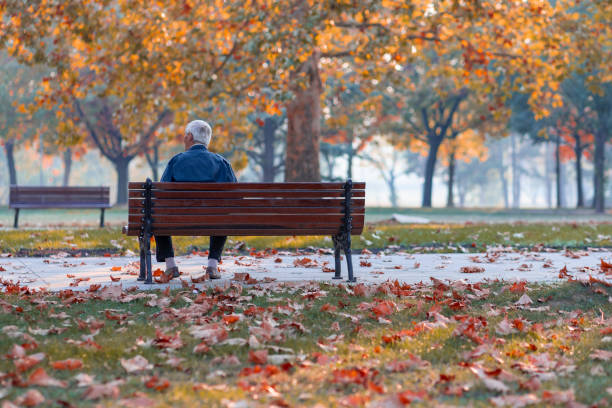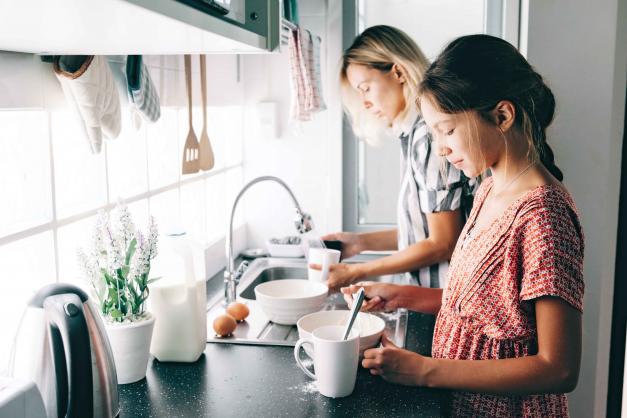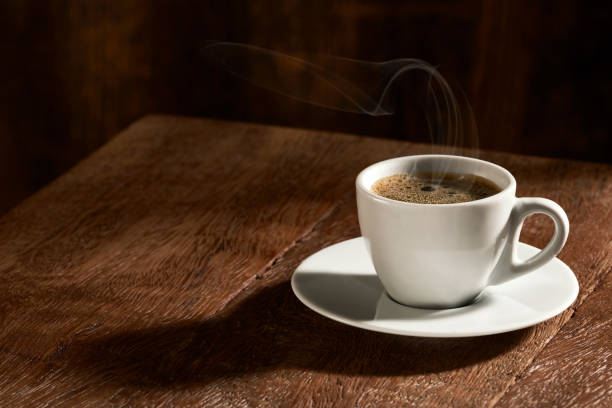On some evenings, when my brain feels heavy with adult noise—emails unanswered, bills looming, conversations replaying like broken records—I find myself scrolling past the serious dramas and critically acclaimed films and landing, almost sheepishly, on the cartoons I grew up with. It feels like a guilty pleasure at first, but the longer I sit there, the more I realize it isn’t guilt at all. It’s a return.
Rewatching childhood cartoons as an adult is like opening a time capsule I didn’t know I buried. Suddenly, I’m eight years old again, legs dangling off the sofa too short to touch the floor, cereal bowl balanced on my lap, eyes wide as if the world outside didn’t exist. The funny thing is, the outside world still doesn’t exist when I press play. The cartoons become their own little shield against the chaos that adulthood insists on handing me.
What surprises me most is how different the same episodes feel now. Back then, the jokes were just funny noises or exaggerated falls. Now, I catch the subtle irony, the throwaway lines clearly aimed at parents who were half-watching in the background. It’s like discovering secret doors in a house I thought I knew by heart. I used to think I was just revisiting old plots; turns out I’m watching them with new eyes, layered with years of living.
There’s comfort in the predictability, too. As an adult, so much of life is wrapped in uncertainty—will this plan work out, will this relationship last, will this job feel stable? But with cartoons, I already know the endings. The villain will slip on the banana peel, the friends will make up after their squabble, the strange magical world will reset itself by the time the credits roll. That kind of certainty is rare in real life, and sometimes my nervous system just wants to rest inside it.
I’ve noticed, too, that cartoons unlock memories I didn’t realize were still stored somewhere inside me. The smell of my childhood living room, faint traces of pancakes or floor polish. The sound of my siblings bickering in the background while I tried to hear the dialogue. Even the pattern of the rug under my feet seems to reappear in my mind with startling clarity. All from a silly animated scene. It makes me wonder how much of myself is tucked away in colors and voices I once took for granted.
There’s also something fascinating about how I project onto these characters differently now. As a kid, I wanted to be the hero—the one who solved the puzzle, caught the bad guy, made everyone laugh. Now, I find myself relating more to the side characters, the ones who were anxious or clumsy or just quietly supportive. It feels like cartoons grow with me, even though the frames themselves never change.
Sometimes, rewatching isn’t even about nostalgia. It’s about simplicity. Cartoons don’t ask me to be sophisticated or insightful. They don’t demand emotional labor. They just invite me to laugh at a chase scene or smile at an improbable friendship between a cat and a fish. After a day of analyzing everything—conversations, decisions, emails—simplicity feels like water to a thirsty plant.
Yet there’s still that tiny sting of embarrassment when I confess to someone that I spent my evening watching animated ducks or talking toys. Adults are supposed to graduate from these things, right? But I’ve started to think of it differently. If art is meant to move us, then why should the form matter? A cartoon can stir something in me that a complex drama never could. It speaks directly to the part of me that’s still tender, still playful, still capable of wonder.
I remember one particular evening when I was feeling especially drained. I put on a cartoon I hadn’t seen in decades. At first, I watched passively, phone in hand, multitasking like always. But somewhere around the third episode, I realized I had put the phone down. I was laughing—not the polite kind of laugh adults give in social situations, but the loud, unfiltered laughter of a kid who doesn’t care how ridiculous they sound. I can’t remember the last time a new series made me laugh that way. It felt like reclaiming a part of myself I thought I’d outgrown.
There’s also something grounding about how repetitive cartoons can be. The same characters make the same mistakes, week after week, and yet they always return the next day, unharmed, ready to try again. Maybe that’s the lesson I keep absorbing: failure doesn’t end the story, it just resets the scene. I wish adulthood worked that way—that you could just wake up, cue the cheerful theme song, and start over without the weight of yesterday’s choices. But maybe watching it happen on screen gives me permission to be gentler with myself when I stumble.
Of course, rewatching isn’t only solitary. Every now and then, I invite a friend over and casually put on one of these shows. Almost always, they start laughing with that same surprised recognition. We end up sharing stories—how they used to sneak extra screen time, how a certain character was their imaginary friend, how their parents tried to ban Saturday morning cartoons but always failed. It turns into a kind of collective memory session, where we realize that though our childhoods were different, they were also stitched together by the same voices and colors.
So, why do I keep rewatching childhood cartoons as an adult? Maybe because they remind me that joy doesn’t have to be complicated. Maybe because they reconnect me to versions of myself I didn’t know I missed. Or maybe simply because in a world that insists on growing heavier, a half-hour of silliness feels like the lightest thing I can hold.
And the truth is, I don’t plan on stopping. I like the idea of being eighty years old and still chuckling at the same slapstick gags that made me laugh when I was eight. It means the thread of who I am never really breaks; it just loops back on itself, colorful and familiar.
So tonight, when the day has worn me down again, I’ll pour a bowl of cereal I don’t need, curl up on the couch, and let those bright animated worlds remind me that it’s okay to rest in the simplest kind of happiness. Because sometimes the best way to handle adulthood is to let the child in me pick what’s on TV.


